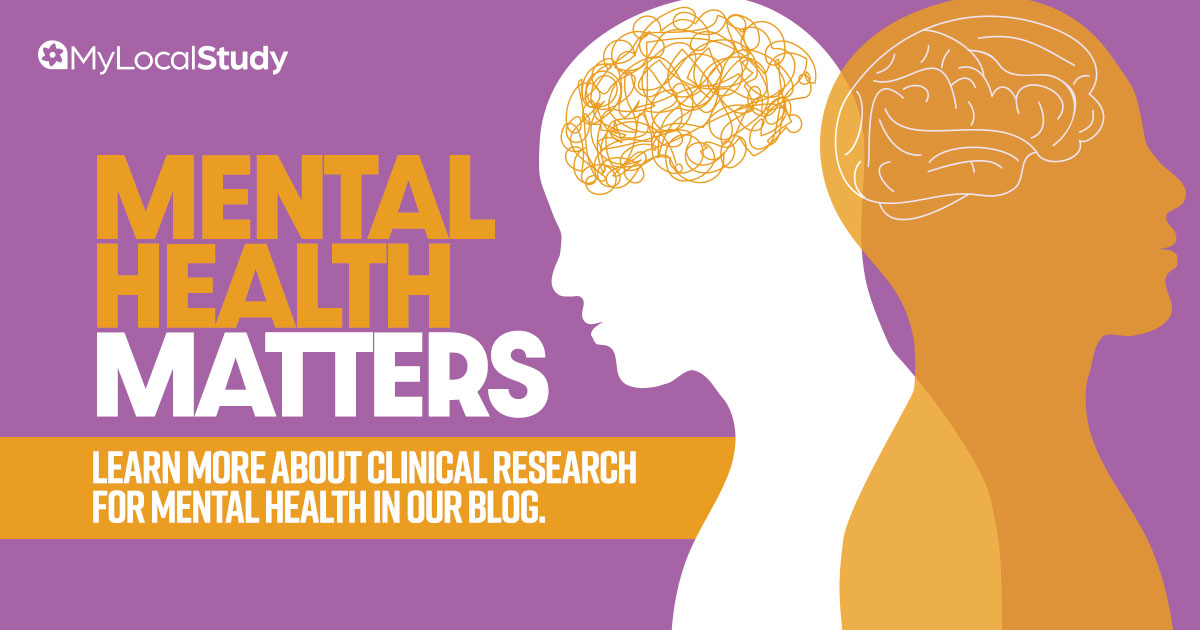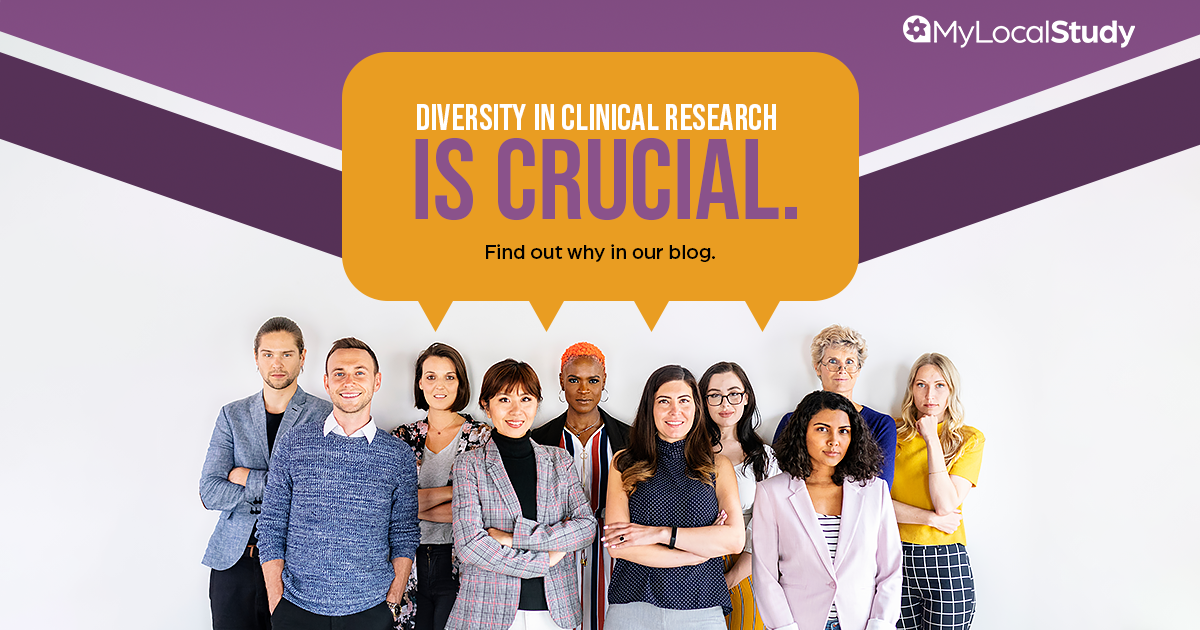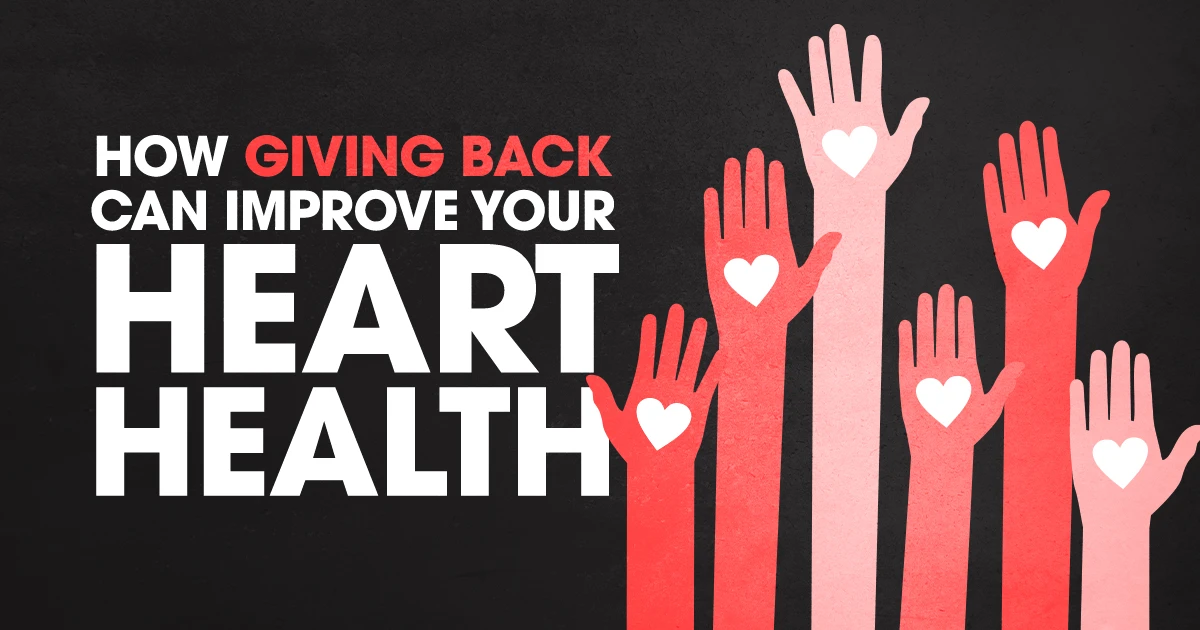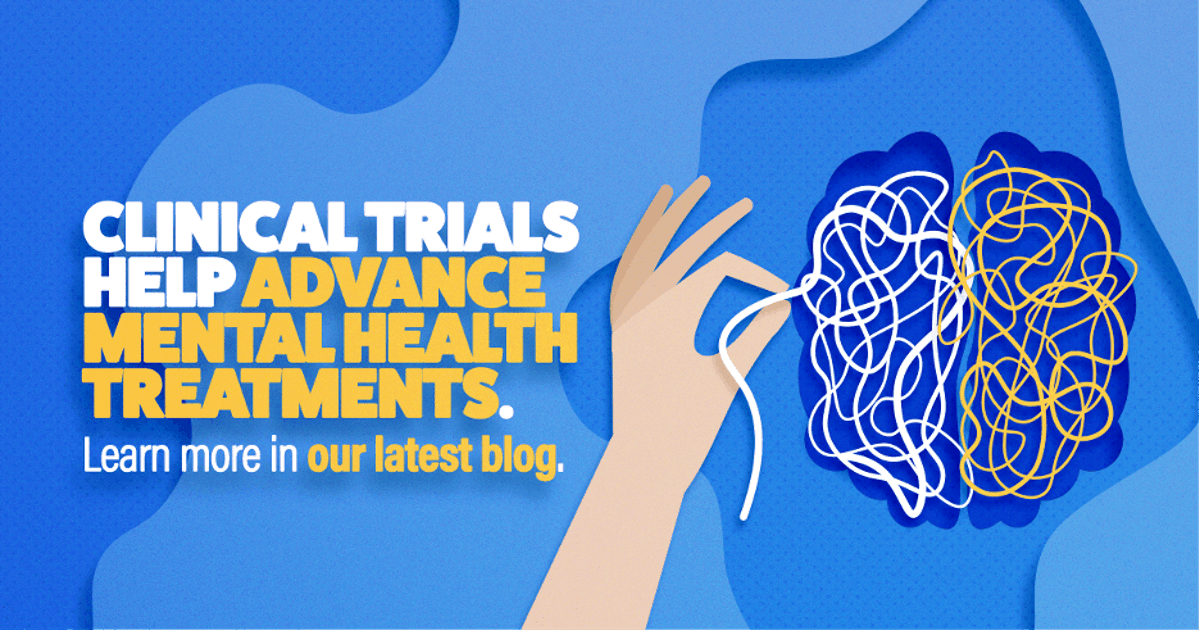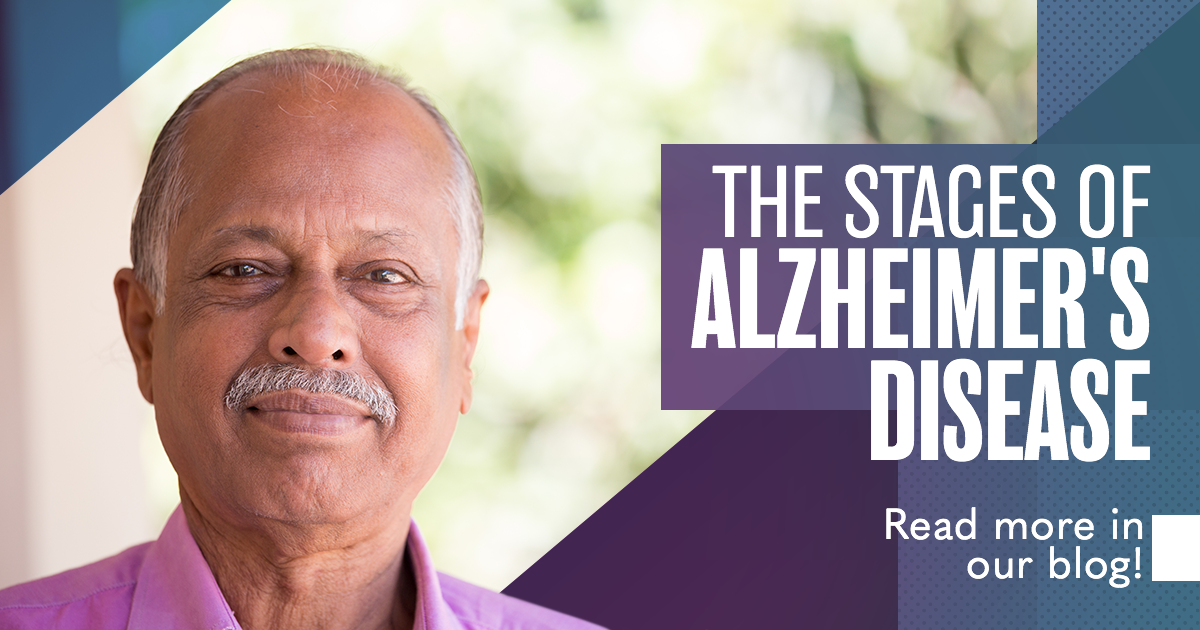Exploring the Phases of Clinical Trials
Clinical studies come in all shapes and sizes! From different conditions to varying phases, each study presents its own unique set of variables. Find out more on our blog! The Purpose Clinical Studies Serve Clinical studies are research studies conducted with human volunteers to investigate the effectiveness and safety of medical treatments, procedures, and drugs. …


